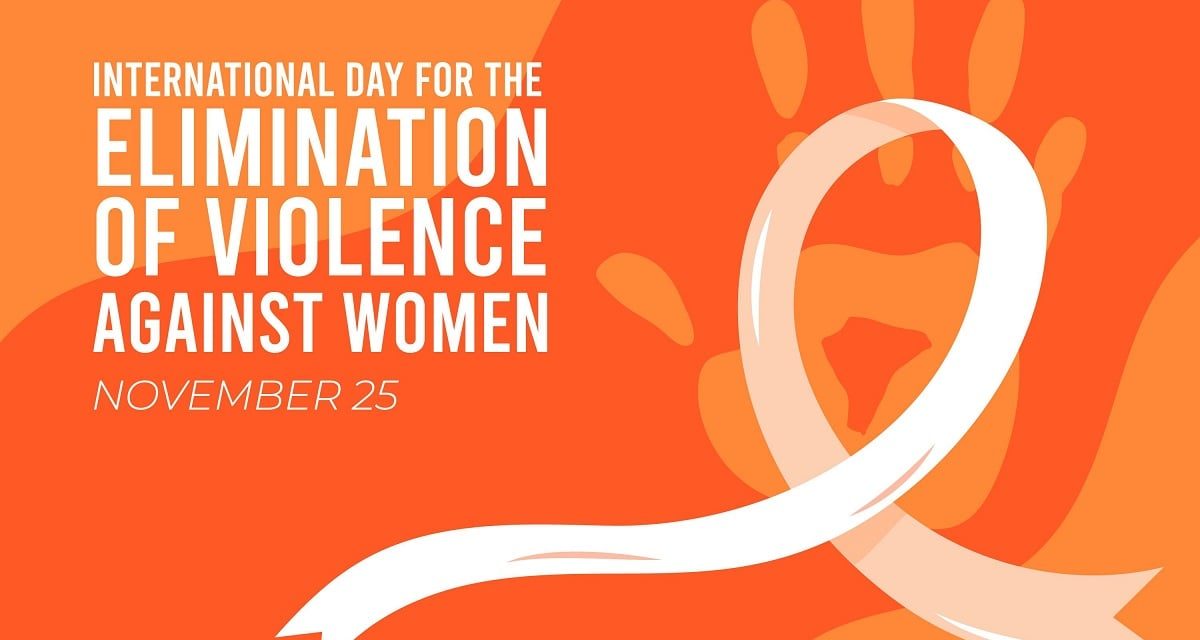Every year we mark the 16 Days of Activism against Gender‑Based Violence from 25 November, the International Day for the Elimination of Violence against Women, through to Human Rights Day on 10 December. The global campaign (led by civil society and supported by the United Nations) calls on governments and communities to act to end violence against women and girls.
But in the New England and North West, we don’t need a campaign to remind us that violence is a problem. We live with the reality of some of the highest domestic violence rates in NSW. My point is simple: it’s not enough to turn up for 16 days of events – our region has to confront why we keep appearing near the top of the state’s domestic violence statistics, and what we’re going to do about it.
The latest Bureau of Crime Statistics and Research figures, reported by the New England Times, show our region recorded 2,039 domestic violence‑related assaults in the 12 months to June 2025, up from 1,869 the year before (a nine per cent jump). That’s a rate of 1,077 incidents per 100,000 people, more than double the NSW average of 458 per 100,000. Across many other offence categories, crime is trending down: break and enter offences to dwellings dropped by 23 per cent in a year and robbery fell by around 22 per cent. Domestic violence is the exception. It’s still climbing while other crime falls.
We like to say the New England is a great place to raise a family… but for too many women and kids, the numbers tell a different story.
This isn’t just a set of ugly statistics. Women’s Shelter Armidale’s 2024 Impact Report notes that demand across the New England has risen by more than 25 per cent year‑on‑year for the past two years, and that the region’s domestic violence‑related assault rate now sits a little over twice the NSW average. Over the same period, homelessness rates have fallen across NSW overall but remain a major challenge in the New England, with more people living in severely overcrowded or temporary accommodation.
When there’s nowhere safe and affordable to go, it’s much harder to live your best life….
And while it’s tempting to shrug and say this is just how it is in the bush (isolation, money stress, alcohol and not enough services), violence is not a natural disaster and it’s not a personality trait of country people; it’s a choice. So when a region as proud and parochial as the New England is recording domestic violence rates more than twice the state average, we can’t just blame the weather and move on.
The National Plan to End Violence against Women and Children 2022–2032 is the national policy framework that guides action to end violence against women and children over the next 10 years, with a shared vision of ending gender‑based violence in one generation across four areas: prevention, early intervention, response and recovery and healing. That’s an ambitious goal, and a good one…. But if those words are going to mean anything, regions like ours need to be at the centre of the plan, not an afterthought.
That means proper funding for frontline services in places like Armidale, Tamworth, Moree, Inverell, Gunnedah and our smaller towns – not just one‑off grants that disappear with the election cycle.
It means more crisis accommodation and long‑term housing, not endless waitlists.
It means culturally safe services for First Nations women and children, who national data shows experience higher rates of violence and more barriers to getting help.
And it means supporting local organisations who know the community, not flying in glossy programs from Sydney that don’t fit our reality.
The 16 Days of Activism also show the best of our communities. Last year, Gunnedah marked the final night of the campaign with a candlelight vigil, organised by Gunnedah Shire Council and the Gunnedah CommUNITY Action Team, to remember women and children killed by domestic and sexual violence and to encourage community members to “go orange” in support. Similar events, training sessions and awareness activities are expected across Armidale, Tamworth, Moree, Inverell and smaller towns this year as local groups use the 16 Days to highlight the reality behind the statistics and promote pathways to support.
Those events matter. They bring people together, spark conversations and honour those we’ve lost… but if all we do is turn up once a year, light a candle, and post a hashtag, nothing will change. The real test is what happens on the other 349 days.
So what does action look like for us, here in the New England?
For governments, it looks like long‑term, indexed funding for refuges, legal services, Aboriginal community‑controlled organisations and financial counselling, so women aren’t told there are “no beds” or “no appointments” when they finally reach out. It looks like police, courts and child protection systems that respond quickly, fairly and safely in small towns where everyone knows everyone.
For local leaders (councils, businesses, clubs, churches, schools, etc.) it looks like taking responsibility for the culture you set. That might mean calling out sexist jokes in the shed, setting clear behaviour standards at the footy club or backing staff who need time off to go to court, find housing or attend counselling.
And for the rest of us, it looks like getting uncomfortable. It’s asking a mate if he’s OK when you hear yelling through the walls. It’s teaching youth that “she’ll be right” doesn’t apply when someone is scared in their own home.
If we keep doing what we’ve always done, we will keep getting what we’ve always got: another year where the New England and North West sit near the top of NSW’s domestic violence statistics. If we truly believe this region is special (and most of us do) then we should be leading the way in ending violence, not leading the statistics.
During these 16 Days of Activism, by all means wear orange, share the posts and come to the vigils… but don’t stop there. Ask your MP, your council, your club, your workplace and yourself: what are we doing for the rest of the year, and is it enough?
Because the real goal isn’t to have the best‑attended 16 Days event in NSW. It’s to make sure that, one day, no one in the New England has to fear what will happen when the front door closes.
If you or someone you know is in immediate danger, call 000. For confidential counselling and support, 1800RESPECT (1800 737 732) operates free, 24 hours a day, 7 days a week as the national domestic, family and sexual violence counselling service, and Lifeline’s crisis line is available 24/7 on 13 11 14.

Dean Foley grew up in Gunnedah and later served as an analyst in the Royal Australian Air Force before founding Barayamal, an Indigenous business accelerator. He is a contributor to the New England Times covering Indigenous Affairs, procurement and community-led economic development.

